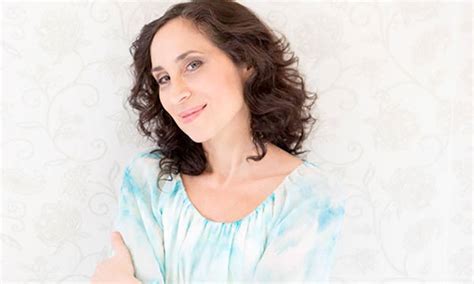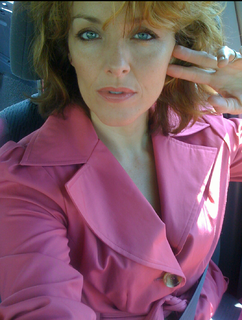A Quote by Adam Driver
There's such an emphasis on having a character be likable. I don't think it would be helpful if I worried about that. I mean, not everyone's likable.
Related Quotes
Novels are routinely denigrated when characters are not found to be likable. Is Raskolnikov likable? Is King Lear? The plethora of such naive readers testifies to a failure of imagination - the capacity to see into unfamiliar lives, motives, feelings - and this failure must, at least in part, be the failure of the teaching of literature in the schools.




































